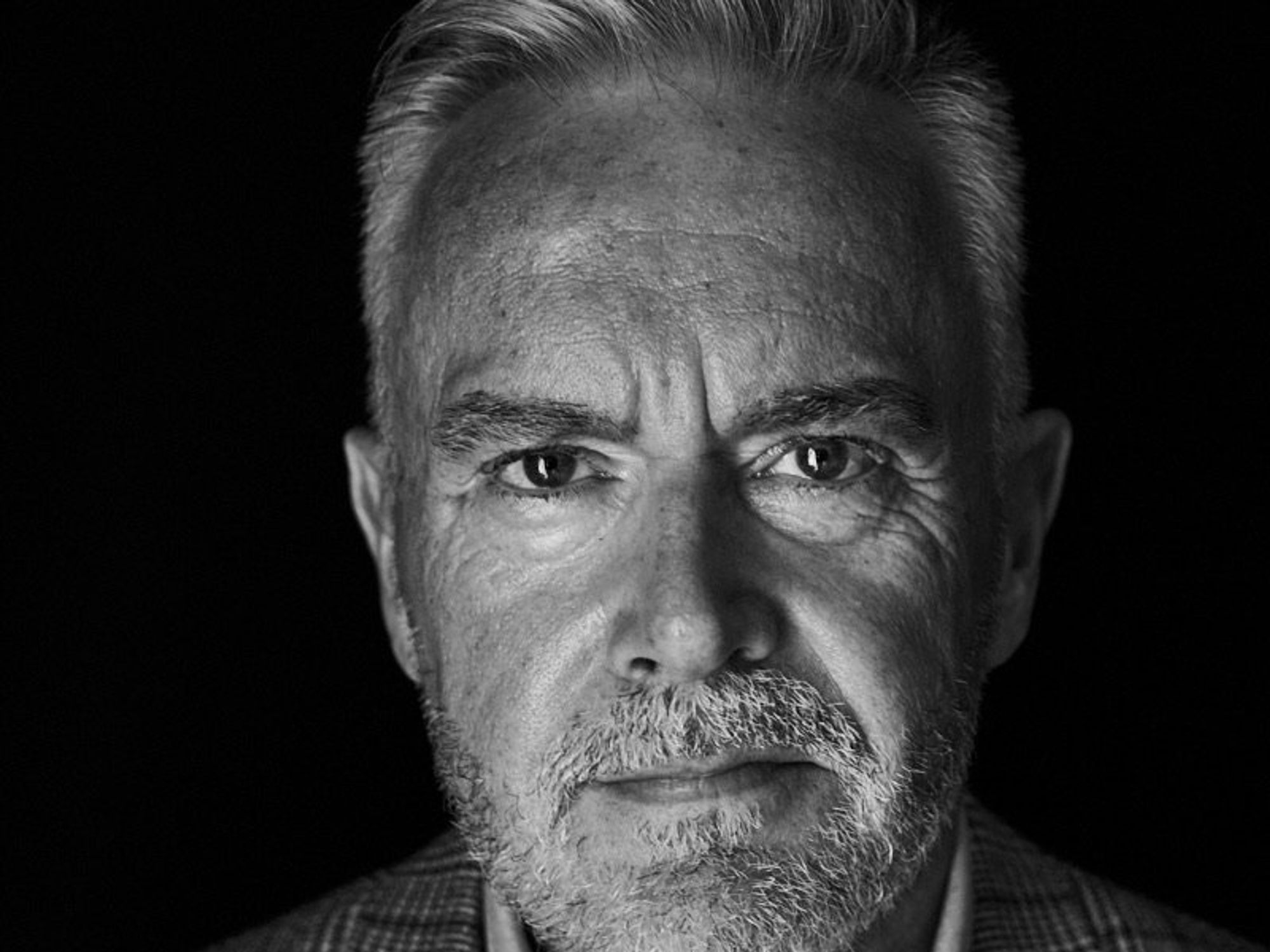How to live longer: 'I'm a neuroscientist - centenarians who enjoy the longest lives have two habits in common'

An expert has broken down how key strategies for optimal longevity
Don't Miss
Most Read
Diet is the backbone of good health, but longevity hinges on numerous lifestyle factors that extend well beyond our eating patterns.
A neuroscientist has highlighted some of the most influential non-dietary behaviours that impact a person’s health span.
Clinical neuropsychologist, neuroscientist and medical advisor for Rejuve.AI, Dr Taylor Kuhn, told GB News why remaining intellectually active and emotionally flexible is key.
“People can increase longevity and lifespan by combining a Blue Zone lifestyle - characterised by plant-based diets with moderate protein intake, daily physical activity, strong social connections, stress management, and sufficient sleep - with curiosity, adaptability, intellectual engagement, and a willingness to embrace new experiences," he shared.
 Different dietary patterns showed varying benefits | GETTY
Different dietary patterns showed varying benefits | GETTY“Neuroscientists and clinicians studying cognitive ageing have identified key strategies to enhance brain resilience and prevent neurodegenerative decline.”
There is mounting evidence that cognitive stimulation and mental well-being are just as crucial as physical health.
Dr Kuhn noted that the easiest way to keep the brain agile in middle age is by engaging in cognitively stimulating activities daily.
“Engaging in mentally challenging activities, such as reading, learning new skills, playing musical instruments, or solving puzzles, helps maintain neuroplasticity and cognitive flexibility,” he said.
Recent studies have shown that bilingual individuals and lifelong learners develop greater cognitive reserves, potentially delaying dementia symptoms.
“Further research indicates that regular social interactions help protect against Alzheimer’s and other forms of cognitive decline," added Dr Khun.
Additionally, focusing on positive emotions can further support key processes in the brain that help memory.
“Emotional well-being is also crucial—positive emotions enhance neurochemical processes that support memory and decision-making," Dr Kuhn continued.
LATEST DEVELOPMENTS

Focusing on positive emotions can support key processes in the brain
|GETTY
“Practicing gratitude, laughter, and deep conversations promotes emotional longevity.
"In short, centenarians who remain intellectually active and emotionally flexible are more likely to enjoy longer, healthier lives.”
Further physical habits recommended for those seeking longevity include daily walks and strength training.
The science behind the health benefits of strength training is relatively simple; it helps build muscle mass and increase bone density, which improves balance and prevents falls.











